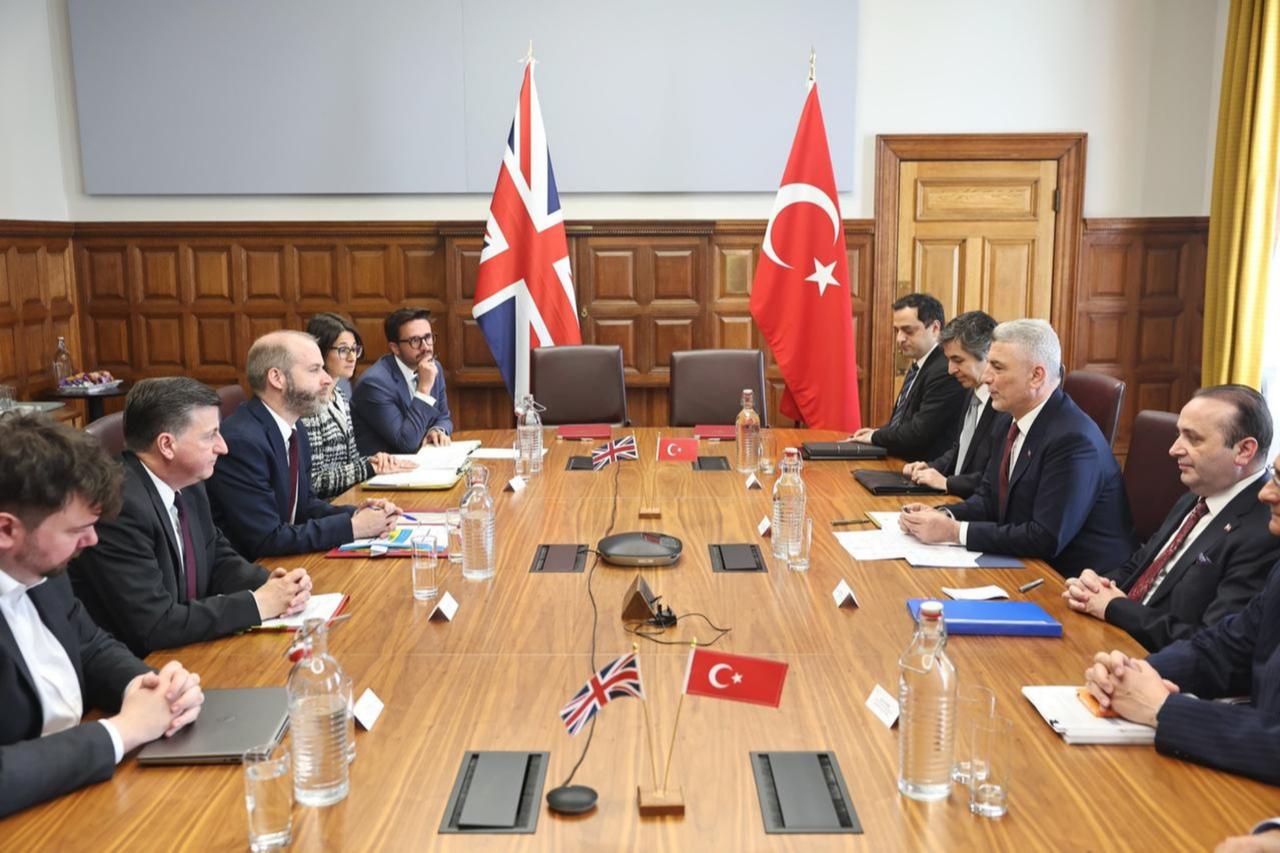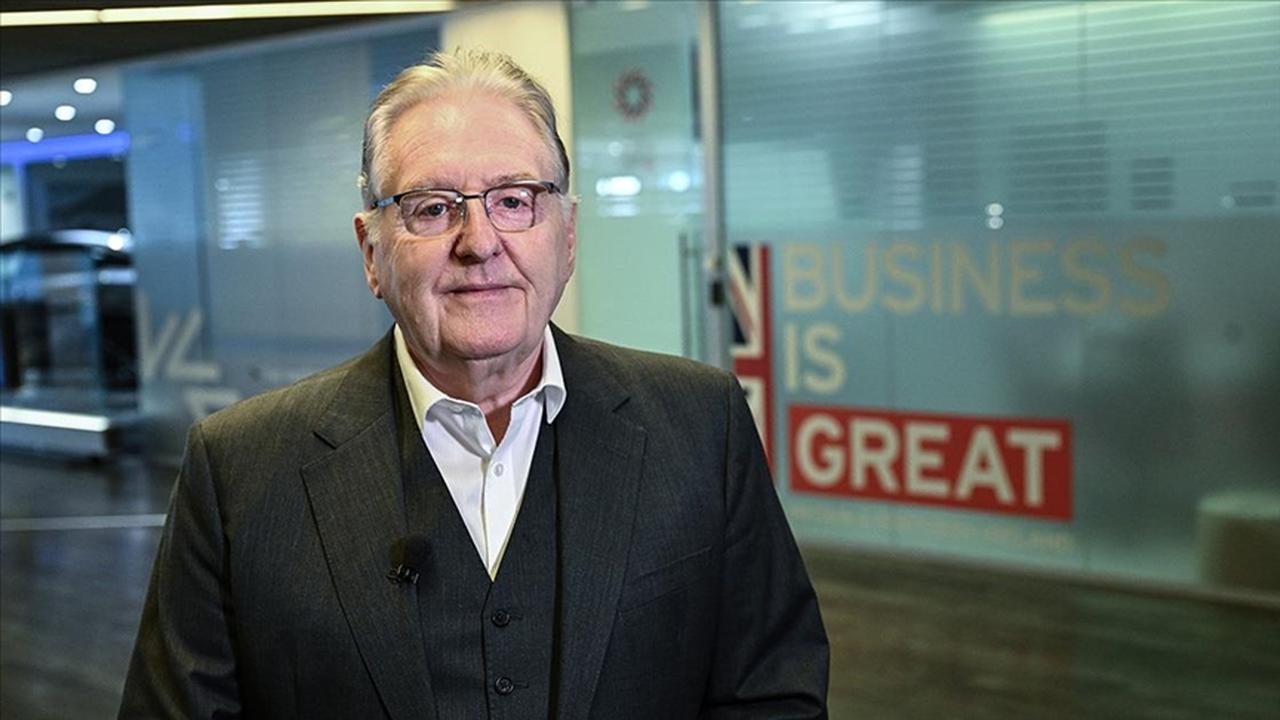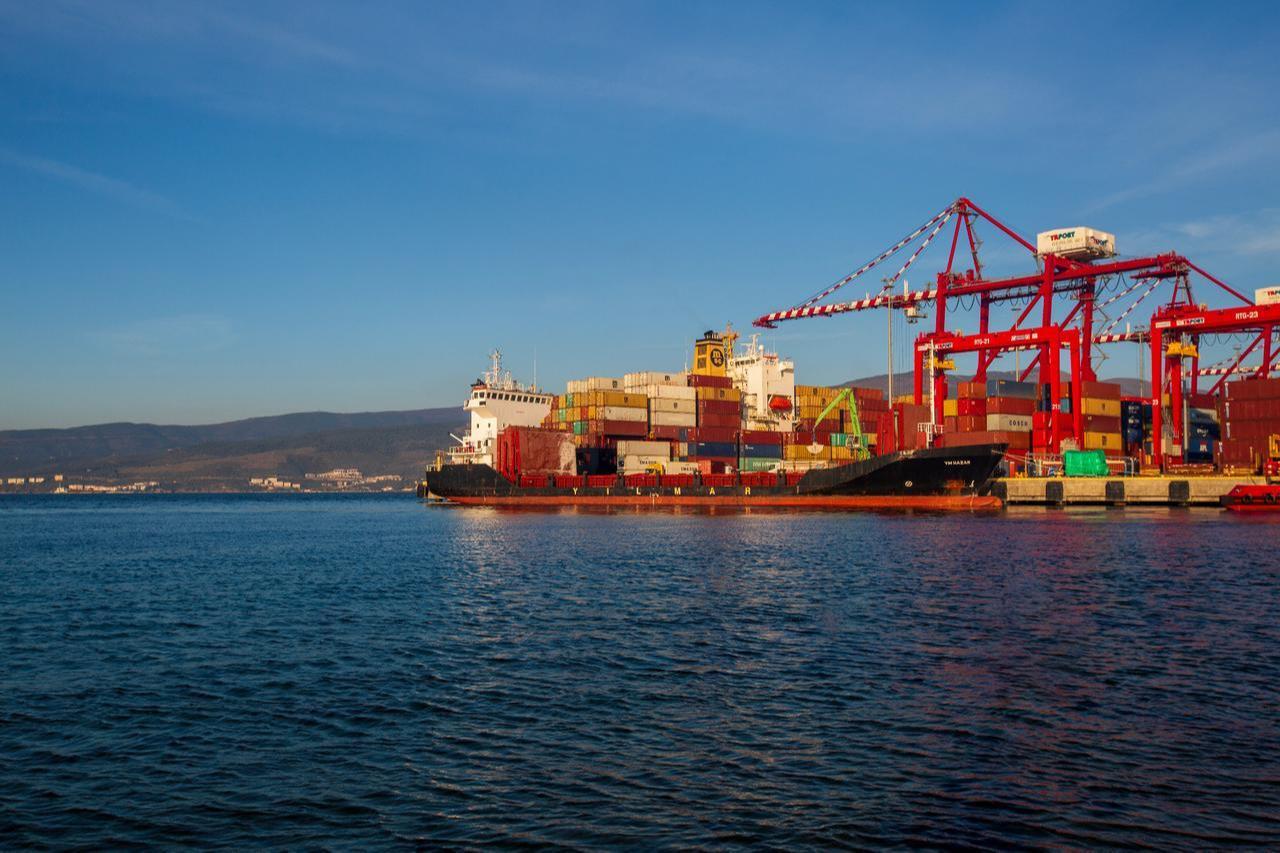
Türkiye and the United Kingdom are advancing negotiations to update their free trade agreement (FTA), with the second stage expected to take effect in 2026, according to Chris Gaunt, Chairman of the British Chamber of Commerce in Türkiye.
Gaunt said during a live interview on Bloomberg HT that the finalized version of the deal could be in place by the end of that year.
The original free trade agreement was signed on Dec. 29, 2020, shortly after the U.K. formally exited the European Union.
That agreement mainly covered industrial products and served to preserve trade flows once the EU–Türkiye Customs Union no longer applied to the U.K.
A joint review in 2023 concluded that the deal needed to be expanded to address technical barriers and open space for broader cooperation.
"There are areas that need to be improved mutually, and we want to increase cooperation in services, technology, artificial intelligence, and engineering," Gaunt said.
"The new deal will be an update to the existing agreement, not a replacement."
Gaunt noted that bilateral trade between the two countries currently stands at £28 billion ($36 billion), with Türkiye ranked as the U.K.’s 16th-largest trading partner.
He underlined that services are the sector London wants to expand further.
"Exports of services from the U.K. to Türkiye are around 34%, and we want to increase that," he said.
Gaunt highlighted that Turkish technology startups are increasingly investing in the U.K. because of better access to funding, while British investors are closely watching opportunities in Türkiye.
However, he cautioned that broader global challenges are weighing on cross-border capital flows.
“Everywhere you look, there are problems with inflation, interest rates are high, and access to funds is limited. The U.K. and the European Union are facing the same issues,” he said.
“Global instability makes investors nervous. Stability is essential for investment."

Despite these challenges, Gaunt described Türkiye as central to the UK’s trade strategy.
"Türkiye will always be a critical market because it has a strategic location, serving as a bridge between East and West and providing access to Middle Eastern and African markets," he said.
He also stressed that customs arrangements would remain an important component even after the updated FTA comes into force.

On mobility, Gaunt acknowledged growing difficulties in visa processes worldwide, linking them to broader migration pressures.
"Getting a visa is becoming harder everywhere, and visas have really become a major issue globally," he said.
"The U.K., however, has always been more flexible with students and businesspeople."
Gaunt also pointed to policy unpredictability in the United States as another source of concern for businesses.
"It is very difficult to predict the next move of Donald Trump. Whether it is sanctions or restrictive policies, he wants to move the U.S. economy in a different direction, but there is uncertainty," he said, referring to the U.S. president’s tariff measures.
“When global instability arises, it unfortunately triggers price increases for goods as well," Gaunt concluded.